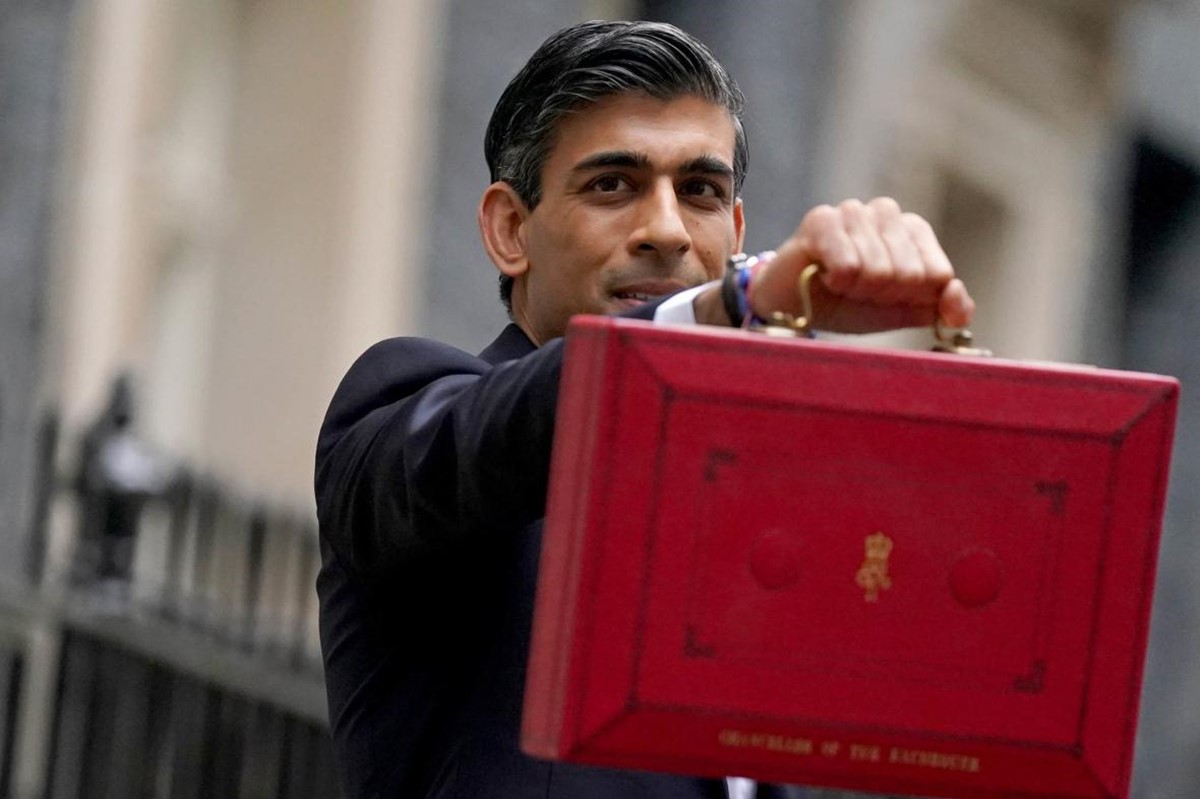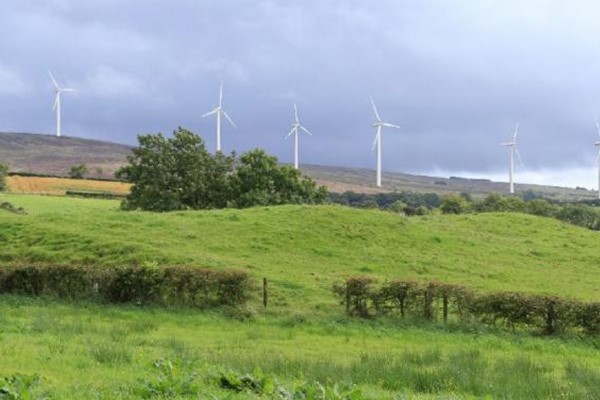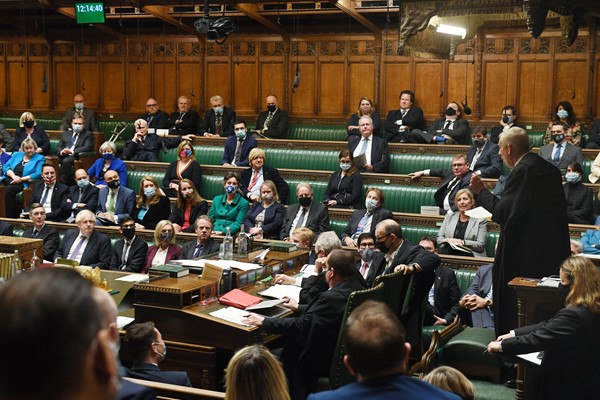"Great ... if it all actually happens.” That was the double-edged verdict of voters in the South Yorkshire constituency of Rother Valley who watched the chancellor’s budget speech yesterday.

The voters came from a group known as “loyal nationals” — one of seven segments of the British population that More in Common has identified through polling more than 15,000 people over the past two years.
Loyal nationals are particularly important because they swung strongly behind the Conservatives from Labour in 2019.
They made the largest contribution to Boris Johnson’s 12-point winning margin, forming the backbone of the “red wall”. They are not, however, locked in — just one in three call themselves Conservative supporters. Instead, the key to their vote is addressing their feelings of insecurity, neglect, and a lack of respect.
On that front Rishi Sunak certainly made progress. His optimistic tone and positive vision for post-Brexit Britain struck a chord even with the most sceptical in the group, who were pleased to be finally hearing about the tangible benefits from their vote to leave the EU.
And while few in this group had heard of the phrase “levelling up”, they shared the chancellor’s assessment that for too long regions like theirs had been left behind. The raft of new measures to protect community pubs, invest in local parks, and improve rail services were all welcomed.
But as the speech went on, and ever-larger numbers started to flash up on the TV, the questions quickly turned to where all this extra money was going to come from, whether the promises on the NHS and education were actually going to happen, and a gnawing scepticism as to how much of this extra investment would result in tangible improvements in their lives.
More than anything else, what this group most wanted to hear from the chancellor was how he would support them through the difficult winter ahead.
Two of our group had experienced their energy suppliers close down and seen their bills soar, the cost of food in the run up to Christmas was a real worry and no one had escaped the impact of rising fuel prices.
In that spirit the group welcomed moves such as freezing fuel duty and rises in the living wage, but questioned whether it would be enough.
But it was the chancellor’s move on universal credit that most divided the room. For some, the reduction in the taper was exactly the right way to support struggling families, while also keeping the incentive to get people back into work.
For others — who knew people struggling with the loss of the £20 uplift in universal credit — it wasn’t enough to support those out of work, who most needed help.
At the end of the focus group session we asked people to rate Sunak’s speech out of 10 and to give a word to describe how it made them feel. While the chancellor might be disappointed with an average of 6/10, he can take heart that most of the words the group picked reflected hope and optimism.
The British public, and this group of loyal nationals in particular, are balancers. They don’t expect the government to be able to transform their lives and communities overnight, and they understand that Covid has knocked things off course. But they do expect to start seeing and feeling the impact of “building back better” in their day-to-day lives.
Getting this right is key to restoring trust in British democracy — something that goes beyond the fortunes of any one political party.
From our conversation yesterday, it’s clear voters in the Rother Valley liked lots of what they heard in the chancellor’s speech. But when it comes to whether it all happens, they are not holding their breath.


